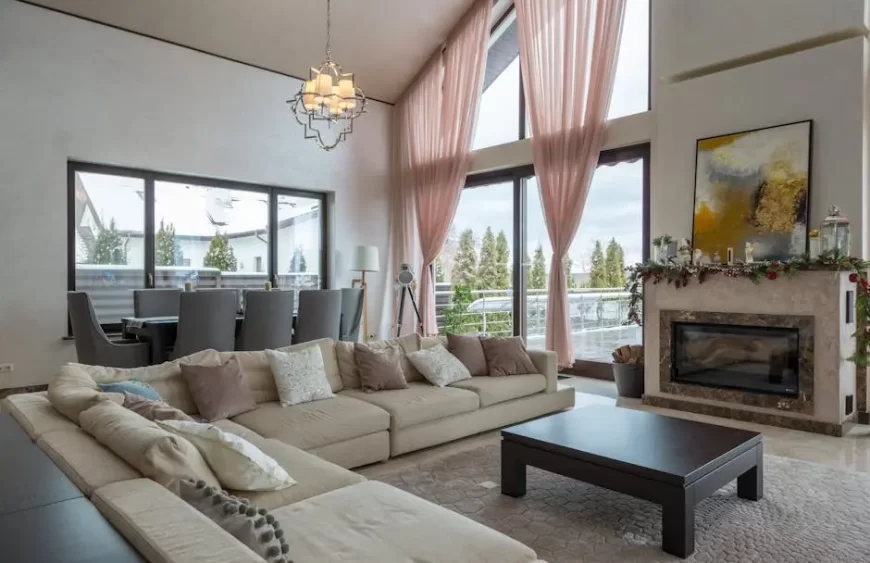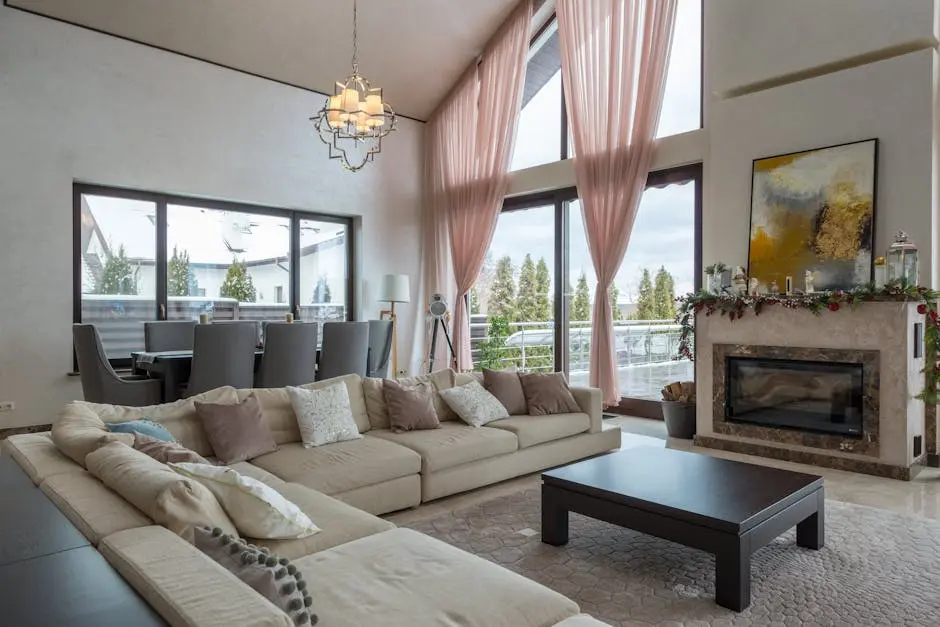12 Questions to Ask Before a Fireplace Installation
September 23, 2024 2024-12-05 9:1312 Questions to Ask Before a Fireplace Installation

12 Questions to Ask Before a Fireplace Installation
Installing a fireplace in your home can add warmth, charm, and value to your property. However, it’s a significant undertaking that comes with various considerations. To help you make an informed decision, we’ve compiled a list of important questions to ask before moving forward with a fireplace installation. These questions will ensure you cover all your bases and make the best choices for your home and lifestyle.
1. What Type of Fireplace is Best for Your Home?
There are several types of fireplaces to choose from, including wood-burning, gas, electric, and ethanol. Each type has its pros and cons, so consider your preferences, budget, and home layout when deciding which is best for you. Essential Steps Before You Consider a Fireplace Installation in Dallas highlights the importance of matching the fireplace type with your unique needs.
For example, wood-burning fireplaces offer a traditional and rustic feel but require more maintenance and a ready supply of firewood. Gas fireplaces, on the other hand, provide the convenience of instant heat with minimal upkeep but may have higher upfront costs due to the need for professional installation of gas lines. Electric fireplaces are easy to install and operate but may not provide as much heat for larger spaces. Ethanol fireplaces are stylish and eco-friendly but can be more costly in terms of fuel. Each option has variations in fireplace installation cost, so weigh these factors carefully.
Understanding the intricacies of each type can help you make a decision that aligns with your lifestyle. Whether you’re looking for the ambiance of a crackling wood fire or the sleek look of a modern electric unit, choosing the right fireplace type sets the foundation for a successful installation.
2. Can Your Home Accommodate a Fireplace?
Not all homes are structurally suited for a fireplace installation. Before making any commitments, it’s crucial to assess your home’s design and infrastructure. Can your home support the weight and ventilation requirements of a fireplace? Professional consultations can offer insights into whether your existing layout can handle your chosen type of fireplace. For detailed considerations, you might find forums like Wood stove for fireplace installation – questions before purchase helpful.
3. What is Your Budget?
Fireplace installations can be pricey, with costs varying widely depending on the type and complexity. Setting a realistic budget that includes the fireplace unit, installation costs, and potential modifications to your home is essential. For a comprehensive understanding, refer to Fireplace Installation Cost: A Budgeting Guide for 2024, which breaks down various cost factors associated with different types of fireplaces.
Remember to consider long-term costs as well, including maintenance, fuel, and energy efficiency. Some fireplace types may cost more upfront but save you money in the long run due to lower operational costs or increased energy efficiency.
4. What Are the local Building Codes and Regulations?
Before you proceed, make sure to research local building codes and regulations regarding fireplace installations. Compliance is crucial for safety and legal reasons. Different regions have specific requirements for chimney heights, venting, and even the type of fuel you can burn. Ensuring your installation meets all these regulations can save you from fines and ensure your fireplace operates safely.
5. How Will You Ensure Proper Ventilation?
Proper ventilation is essential to prevent dangerous fumes from accumulating in your home. Depending on the type of fireplace, you may need a chimney or venting system. For example, wood-burning and gas fireplaces require extensive venting systems to expel smoke and gases safely. An electric fireplace might not need traditional venting but will still benefit from proper airflow to avoid overheating.
Understanding the ventilation needs beforehand can help you avoid costly modifications down the line. Consulting with a professional to assess your current ventilation system and identify any required upgrades or changes is a wise step.
6. Is Maintenance Feasible for You?
Each type of fireplace has different maintenance requirements. For example, wood-burning fireplaces need regular chimney cleaning, while gas fireplaces require periodic inspections. Electric and ethanol fireplaces, while generally lower maintenance, still need occasional check-ups to ensure they’re operating correctly. Read more about The Benefits of Regular Fireplace Maintenance and Repair Service to understand the importance of upkeep.
Regular maintenance isn’t just about safety; it also ensures your fireplace functions efficiently and extends its lifespan. Factoring in the time and potential costs for routine maintenance will help you make a decision that’s practical for your lifestyle.
7. What Is the Installation Timeline?
Knowing the timeframe for installation helps in planning and setting realistic expectations. Ask the professionals how long the process will take from start to finish. This includes initial consultations, any required home modifications, the actual installation, and final inspections. Understanding the timeline can help you plan around any necessary disruptions in your home.
8. Are There Aesthetic Considerations?
The fireplace should complement your home’s interior design. Think about the style, materials, and finish that will best match your space. Whether you prefer a rustic stone fireplace or a sleek modern unit, the aesthetics play a significant role in your overall satisfaction. A well-chosen fireplace can serve as a stunning focal point in any room.
9. Will the Fireplace Affect Your Home’s Energy Efficiency?
Some fireplaces can impact your home’s heating and cooling efficiency. Ensure your choice will not lead to increased energy costs. For instance, while wood-burning fireplaces offer natural heat, they can be less efficient due to heat loss through the chimney. In contrast, gas and electric fireplaces often come with energy-efficient features that can minimize overall energy consumption.
10. What Are the Safety Features?
Safety should be a top priority. Look for fireplaces with safety features such as tempered glass, automatic shut-off, and carbon monoxide detectors. These features help ensure that your fireplace is not only enjoyable but also safe for your household.
11. What is the Heat Output?
Different fireplaces have varying heat outputs. Determine the size of the area you want to heat and ensure the fireplace you choose can handle it efficiently. For large rooms, you might need a fireplace with a higher BTU rating, while smaller spaces can be effectively heated with lower-output units.
12. What Is the Warranty and After-Sales Support?
Lastly, consider the warranty and after-sales support. This will give you peace of mind knowing that any potential issues can be addressed promptly. A good warranty can save you money on repairs and replacements, while reliable customer support can assist you with any operational questions or concerns.





